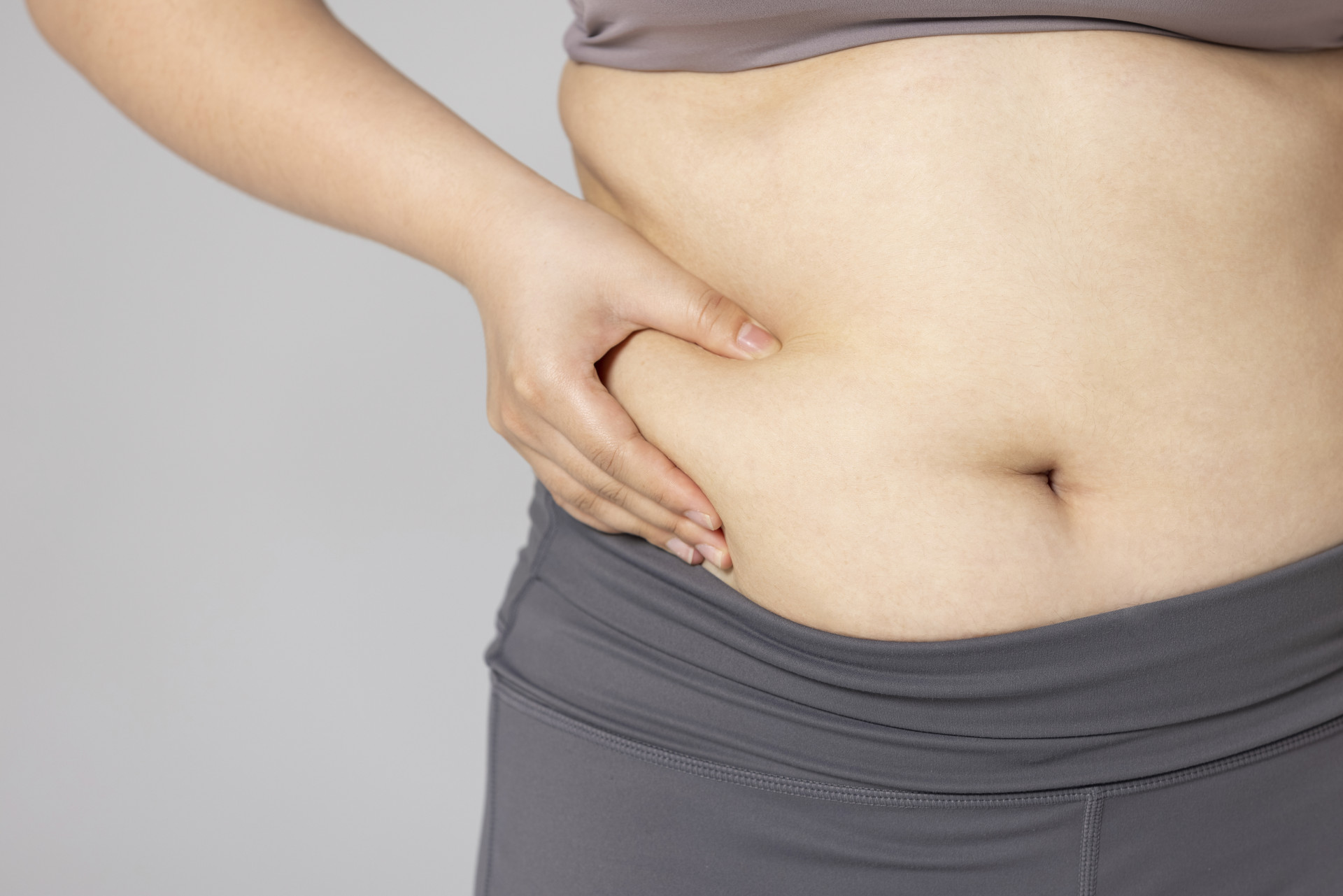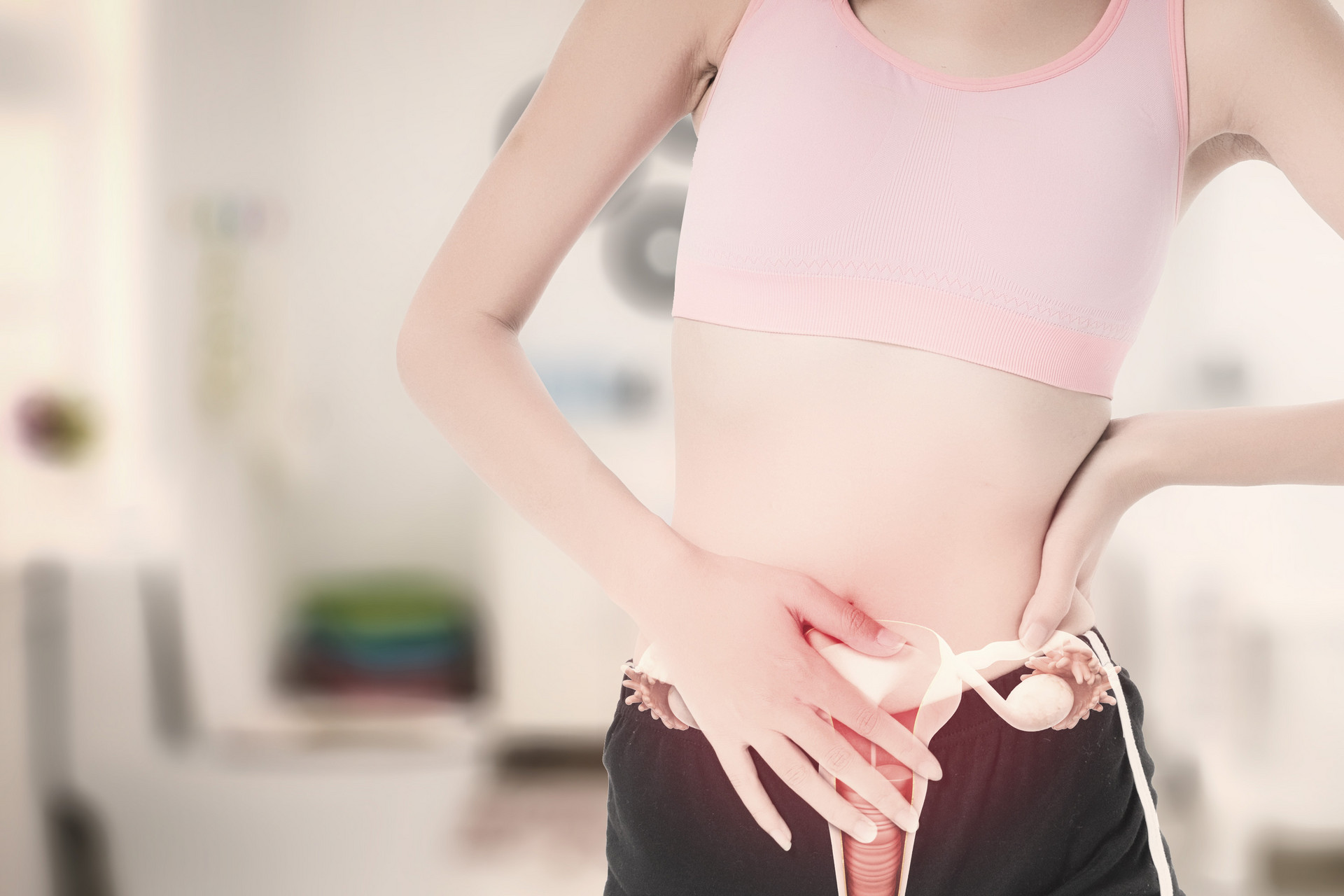In pregnancy, pregnant women need to pay attention to the method and technique of bathing. Although pregnant women need bathing more than the average person, it is important to keep the skin clean and prevent skin and urinary tract infections. However, if the method is not taken into account during bathing, it may have an impact on the health of both the mother and the fetus, and in some cases, it may even cause permanent damage to the fetus.
The water temperature should be strictly controlled
According to modern medical research, high temperatures can damage the fetus's central nervous system, and the higher the water temperature and the longer the duration, the more serious the damage. Therefore, the water temperature should be kept below 38°C. In addition, pregnant women should avoid bathing in warm water pools to prevent hot water from submerging the abdomen. Clinical studies have shown that when a pregnant woman's body temperature rises 2°C above normal, it can cause developmental stagnation of the fetus's brain cells. If it rises 3°C, there is a possibility of killing brain cells, and the resulting brain cell damage is often irreversible and permanent, which may lead to fetal malformations or intellectual disabilities after birth.
The timing of bathing should be considered
When taking a hot bath, pregnant women should keep each bath within 20 minutes. Due to the gradual reduction of air in the bathroom or bath enclosure, and the relatively high temperature, there is a relative lack of oxygen supply. Pregnant women bathing in such an environment will quickly experience symptoms such as dizziness, blurred vision, fatigue, and chest tightness. In addition, the stimulation of hot water baths can cause dilation of the capillaries on the body surface, resulting in insufficient blood supply to the pregnant woman's brain. At this time, the fetus may also experience hypoxia, increased fetal heart rate, and even adverse effects on the development of the fetal nervous system.
The posture of bathing should be scientific
After pregnancy, the endocrine function of a woman's body undergoes various changes, with a decrease in the acidic secretions in the vagina that have sterilization effects, and a decrease in the body's natural defense mechanisms. If sitting baths are used, bacteria and viruses in the water are more likely to enter the vagina and uterus, leading to diseases such as vaginitis and salpingitis, or causing urinary tract infections. The occurrence of these diseases inevitably increases the chance of medication during pregnancy, and medication may pose a risk to the health of the fetus. Therefore, it is necessary to pay attention to the above postures during bathing to minimize these risks.











